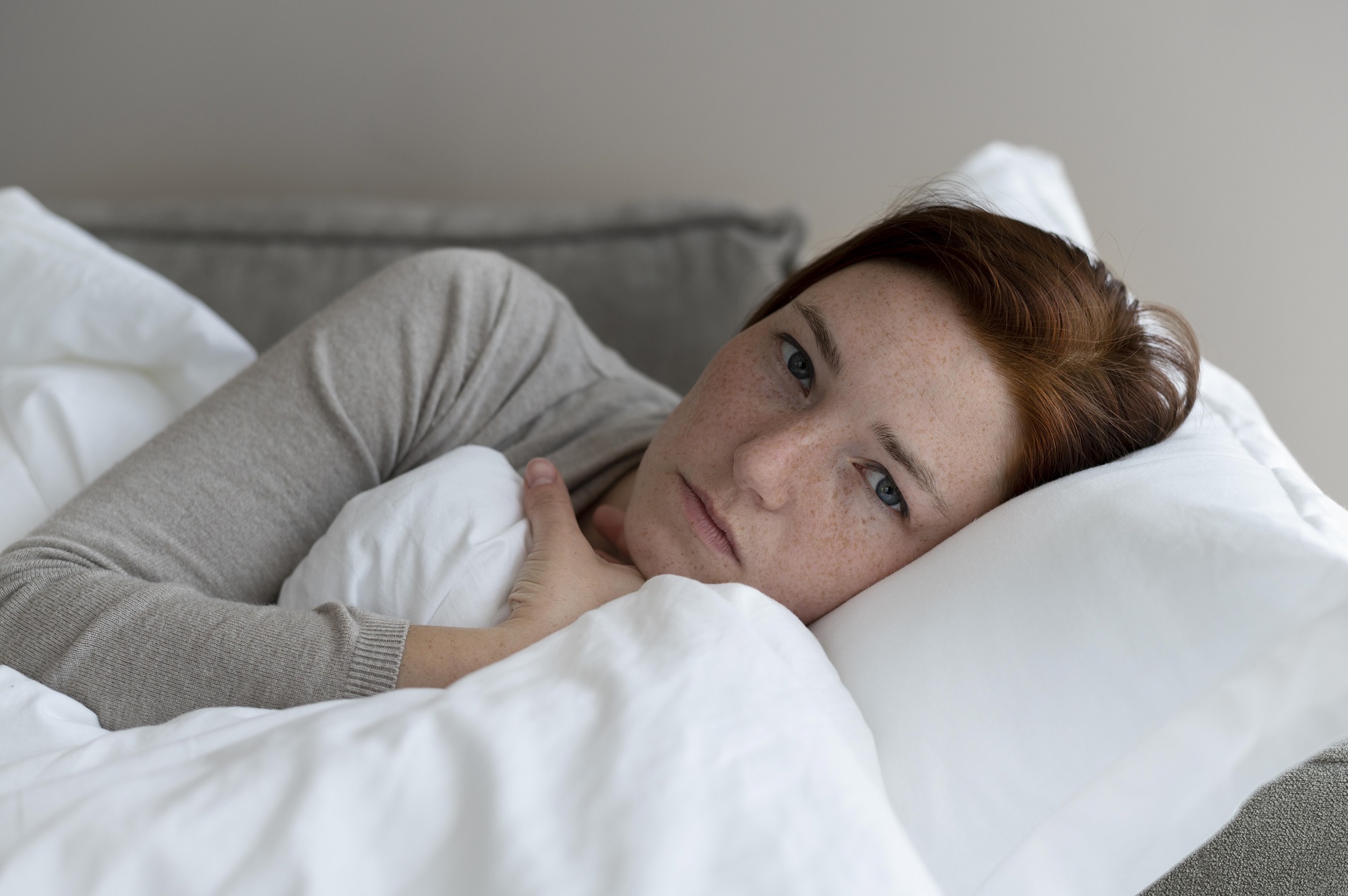Understanding Sleep Deprivation and Its Impact on Health
Sleep deprivation is a common problem in today’s fast-paced world, affecting millions globally. It happens when you consistently fail to get enough rest, leading to serious health issues. Sleep is not just a passive state but an active process that rejuvenates both body and mind.
Lack of sleep affects your body in many ways. The immune system weakens, making you more prone to illnesses, while hormonal imbalances can disrupt metabolism and increase stress. Over time, chronic sleep deprivation may contribute to obesity, diabetes, and cardiovascular problems.
The effects aren’t only physical. Sleep loss can increase stress, anxiety, and depression, and impair cognitive abilities such as memory, focus, and decision-making, impacting daily life and work. It can also worsen certain skin conditions, including acne scars, as poor sleep affects skin regeneration and healing. Understanding these effects helps you prioritize restful sleep, which is essential for overall health and well-being.
The Connection Between Sleep and Skin Health

The link between sleep and skin health is profound. During sleep, your body regenerates skin cells, repairs damaged tissues, and produces collagen, which is essential for elasticity and firmness. Adequate rest is therefore a cornerstone for healthy, glowing skin. Choosing supportive bedding, such as wool room pillows, can further enhance sleep quality by maintaining comfortable temperature and breathability throughout the night.
Sleep also increases blood flow to the skin, enhancing nutrient delivery and toxin removal. Treatments like a hydrafacial can complement this natural process by deeply cleansing, exfoliating, and hydrating the skin. This helps maintain an even skin tone and reduces dark circles and puffiness. A good night’s rest also balances moisture levels, keeping skin hydrated and preventing dryness.
Sleep deprivation disrupts these processes, leading to visible signs of skin distress. It can worsen inflammatory skin conditions such as acne and eczema due to higher stress hormone levels. Lack of sleep is also linked to a dull complexion as the skin fails to receive necessary nutrients and oxygen. Understanding this connection highlights the importance of prioritizing sleep for vibrant, healthy skin.
Common Signs of Sleep Deprivation on Your Skin
The skin often reflects internal health, and sleep deprivation can show in several visible ways. One noticeable effect is dark circles under the eyes, caused by increased blood flow and fluid retention in that area, making the skin appear darker and puffier. Treatments like a red carpet facial can help rejuvenate the skin, reduce puffiness, and restore a radiant appearance.
Dryness and dull skin are also signs of insufficient sleep. Lack of rest disrupts the skin’s natural moisture balance, reducing its glow and making it prone to irritation. Sleep promotes the production of natural oils that keep skin supple and radiant.
Sleep deprivation can also accelerate fine lines and wrinkles. Collagen production peaks during sleep, which helps maintain skin elasticity, and insufficient rest can compromise this process, leading to early signs of aging. Recognizing these symptoms can help you take steps to improve your sleep and support skin health.
How Sleep Deprivation Accelerates Skin Aging
Sleep plays a vital role in overall health, and its effects on the skin are particularly visible. During rest, the body repairs damaged tissues, regenerates skin cells, and produces collagen, which maintains elasticity and firmness. Adequate sleep is essential for healthy, glowing skin.
Proper sleep also increases blood flow to the skin, delivering nutrients and removing toxins. This helps maintain an even skin tone, reduces puffiness and dark circles, and keeps skin hydrated. Conversely, insufficient sleep disrupts these processes, leading to dryness, a dull complexion, and irritation.
Chronic sleep deprivation can worsen inflammatory conditions such as acne and eczema and accelerate the formation of fine lines and wrinkles by reducing collagen production. By recognizing the visible signs of poor sleep and prioritizing rest, you can support both your skin’s appearance and overall well-being.
The Role of Sleep in Skin Repair and Regeneration

Sleep plays a crucial role in skin repair and regeneration, making it an essential part of skincare. During rest, damaged skin cells are replaced, and new cells are generated, helping maintain healthy skin and counteracting daily wear and tear from environmental exposure.
Growth hormones produced during sleep stimulate cell and tissue growth, repair damaged cells, and boost collagen production. This enhances the skin’s ability to heal and regenerate, contributing to a more youthful and vibrant appearance.
Additionally, sleep helps balance skin hydration and pH levels, preventing dryness, irritation, and other skin issues. Ensuring sufficient rest supports the skin’s natural repair processes and is key to maintaining a healthy, radiant complexion.
Tips for Improving Sleep Quality for Better Skin
Improving sleep quality is essential for both your overall health and your skin. Here are some effective strategies to help you achieve better sleep:
- Establish a Consistent Sleep Schedule: Going to bed and waking up at the same time every day helps regulate your body’s internal clock, making it easier to fall asleep and wake up refreshed.
- Create a Relaxing Bedtime Routine: Engage in calming activities before bed, such as reading, meditating, or taking a warm bath. This helps signal to your body that it’s time to wind down.
- Optimize Your Sleep Environment: Ensure your bedroom is conducive to sleep by keeping it dark, quiet, and cool. Consider using blackout curtains, earplugs, or a white noise machine if needed.
- Limit Screen Time Before Bed: The blue light emitted by screens can interfere with your sleep cycle. Try to avoid electronic devices at least an hour before bedtime.
- Be Mindful of Your Diet: Avoid caffeine and heavy meals close to bedtime, as these can disrupt sleep. Instead, opt for light snacks or herbal teas that promote relaxation.
By incorporating these tips into your routine, you can significantly enhance your sleep quality, which in turn will reflect positively on your skin health.
Conclusion
Prioritizing sleep is essential for maintaining healthy, radiant skin. Sleep plays a vital role in skin repair, regeneration, and overall vitality. By recognizing the signs of sleep deprivation and taking steps to improve sleep quality, you can enhance both your complexion and overall well-being.
Incorporating a consistent skincare routine, a nutritious diet, and healthy sleep habits are key to achieving vibrant skin. While skincare products help, they cannot replace the restorative power of a good night’s sleep. Making sleep a priority is an investment in your health and beauty, ensuring you wake up each day with glowing, youthful skin.
